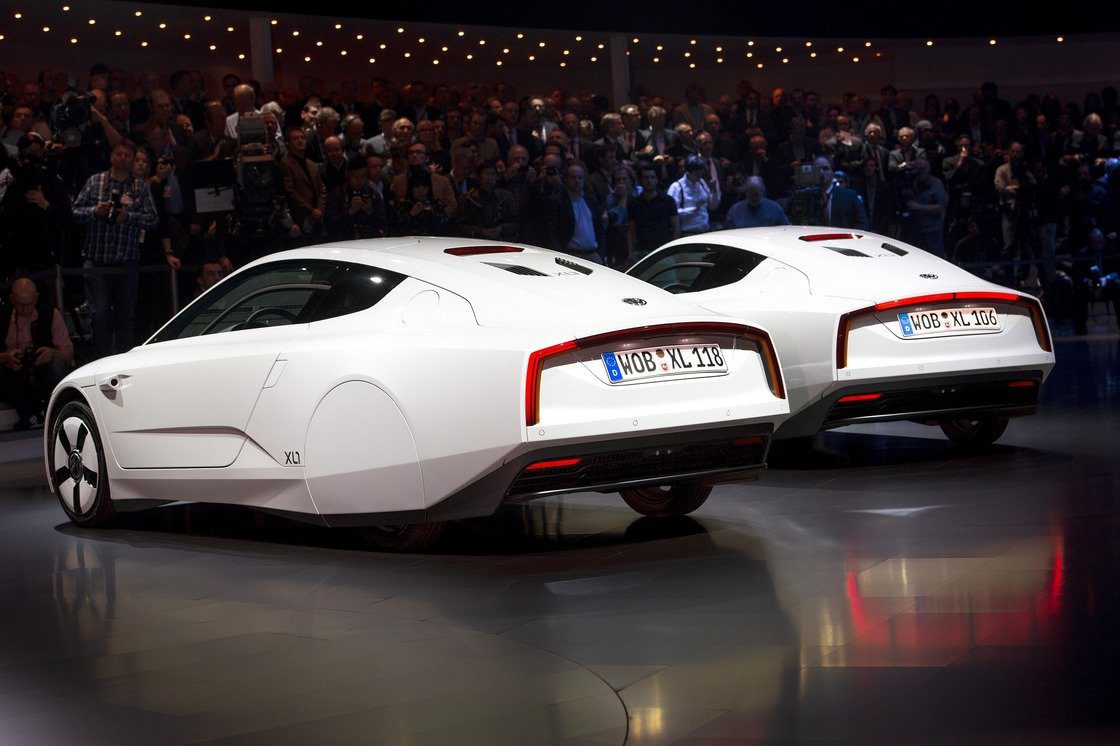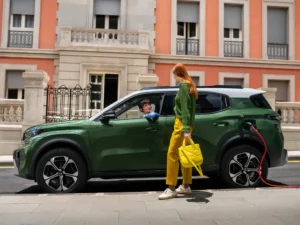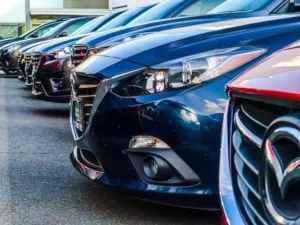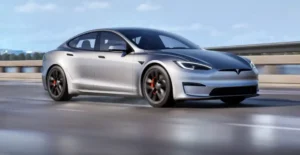Geneva – Europe’s best motor show kicks off today.
We have a number of interesting car report for you. The first – Volkswagen introduced a futuristic-looking car that the company says is the “world’s most efficient.”
 VW’s XL1 is a two-seater, plug-in, diesel hybrid that the company says gets 261 miles per gallon “with an all-electric driving range of a little over 30 miles,”
VW’s XL1 is a two-seater, plug-in, diesel hybrid that the company says gets 261 miles per gallon “with an all-electric driving range of a little over 30 miles,”
CNN adds:
“The XL1 should be more efficient than other plug-in hybrids, though, because it is has a tiny 0.9-liter two-cylinder diesel engine. Diesel engines are generally much more fuel-efficient than gasoline engines. For instance, the diesel-engined Volkswagen Beetle sold in the United States is 28% more fuel-efficient than the gasoline-engined version. …
“With an emphasis on efficiency, the car’s performance will not be a big selling point. VW claims it will go from zero to 62 miles per hour in a lumbering 12.7 seconds. Top speed will be just under 100 miles per hour.”
Andrew English of Britain’s Telegraph took the XL1 for a spin. While he marvels at the advancements — “LED lamps, narrow-gauge wiring with electrical fuses, carbon-ceramic brakes, electric air-con/heater, a fully faired underbody and polycarbonate side windows with anti-scratch coatings…” — he comes to this conclusion:
“That said it feels pretty odd to drive around town. The throttle takes a firm prod and the car whines away, bobbing gently on its springs. Skinny Michelins crash through pot holes, the unassisted steering has a strange, over-centre feeling, although the regeration and friction brakes are combined well in one pedal. For all that, the moulded seats are very comfortable and the matt-black and piano-black interior, which was designed by a Brit, Andrew Hart-Barron, is delightfully simple and unadorned.”
The XL1 is still not in production. CNN reports VW plans to build an initial 250 car using “handcrafting-like production methods.”
Efficiency starts with an extremely lightweight 12-foot-long body made of carbon-fiber-reinforced plastic, with an astoundingly low drag coefficient of just 0.186 and total weight of only 1,750 pounds.
That’s partially due to its staggered, seating, which reduces the car’s overall width–and thereby its frontal area–to reduce the amount of air it displaces moving down the road at speed, all in the name of saving fuel.
You’ll also notice the rear wheels are inset, and there are no door mirrors–with the XL1 using rear-view video cameras instead.
The Volkswagen XL1 production car is powered by a tiny 0.8-liter two-cylinder turbocharged diesel engine producing 47 horsepower and a 20-kilowatt (27-hp) electric motor paired with a 7-speed automated dual-clutch transmission.
Fuel efficiency is quoted as 261 miles per gallon on the European test cycle, though as always that doesn’t translate directly to what the U.S. EPA might put on a window sticker–if the XL1 were ever to go on sale in the U.S.
And achieving that fuel economy does require a few recharges of the car’s lithium-ion battery pack, which is mounted up front, with the engine, motor, and transmission in the tail behind the passengers.
If you don’t plug it in, it gets a mere 120 miles per gallon–again on the European test cycle. But steady-state cruising at 62 mph requires just 6.2 horsepower, so once you get it up to highway speeds, the XL1 is insanely fuel-efficient.
The car’s fuel tank holds merely 10 litres, or about 2.6 gallons, of diesel fuel.





